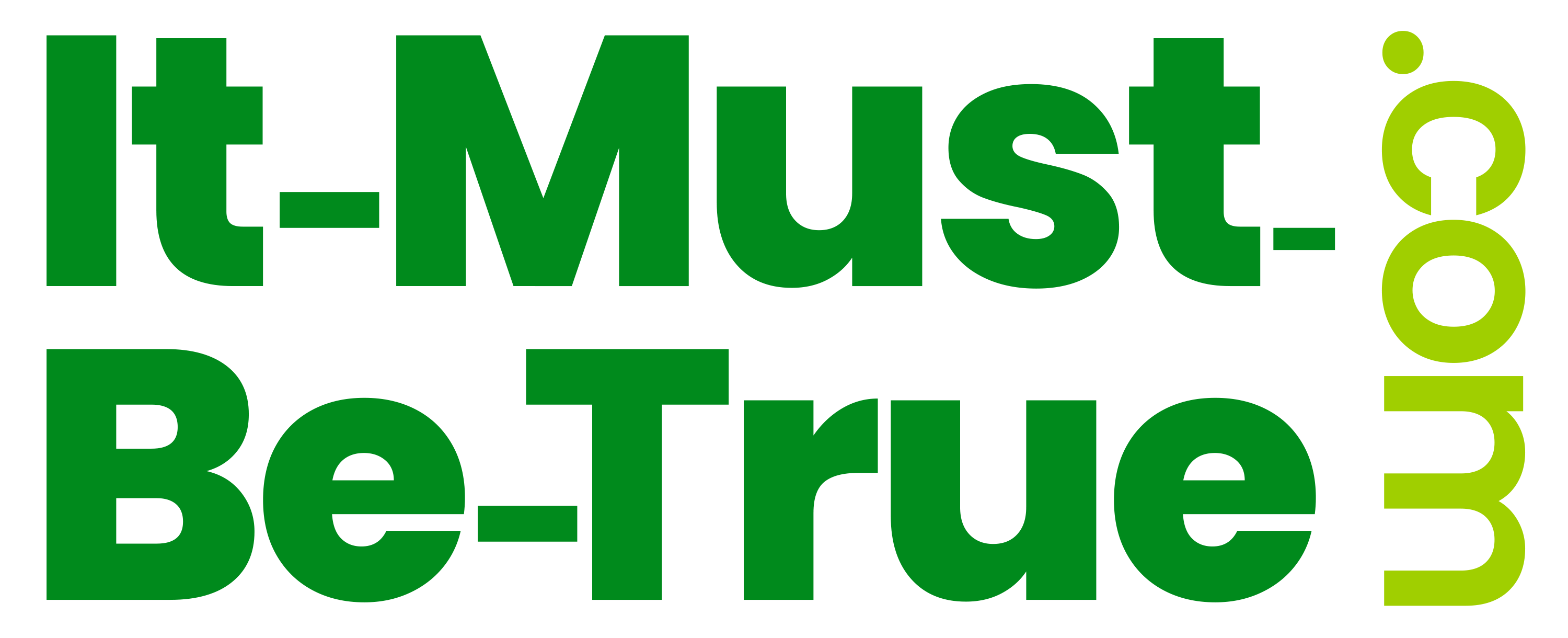Well, I figured THIS must be true! Because …. “If it’s on the Internet, Then it must be True!”
So, therefore, The Internet Dictates Truth!
Let’s see what ChatGPT says about this:
The statement “The Internet Dictates Truth” encapsulates a complex and often debated aspect of our digital age. One reason this sentence holds true is the sheer volume of information available online. The Internet has democratized information dissemination, allowing anyone with an internet connection to share their perspectives, facts, or opinions. However, this abundance also leads to information overload and the challenge of discerning credible sources from misinformation and disinformation. As a result, what is widely shared or prominently featured on the Internet can shape people’s perceptions of truth, even if it’s not necessarily accurate or objective.
Another reason for the statement’s accuracy is the role of algorithms and social media platforms. These entities use sophisticated algorithms to curate content based on user preferences, engagement, and trends. This often creates echo chambers where individuals are exposed primarily to information that aligns with their existing beliefs, reinforcing their views and potentially distorting their perception of reality. The Internet’s recommendation systems can inadvertently prioritize sensational or polarizing content, further blurring the line between truth and sensationalism.
Additionally, the Internet’s global nature allows for the rapid spread of information, making it difficult to control or regulate. Viral trends and viral misinformation can shape public discourse and influence beliefs, even when these trends lack a factual basis. The Internet’s influence on truth is not merely about providing access to information; it’s about how that information is presented, prioritized, and consumed in a world where the boundaries of truth are increasingly porous and subjective.
Well, there you go. It said so!



